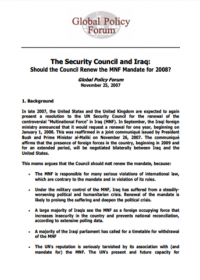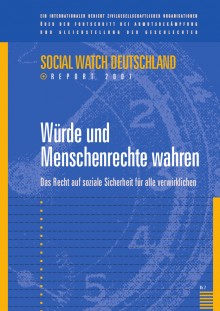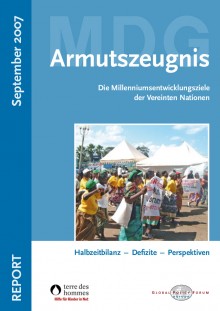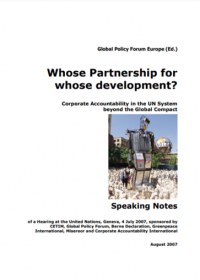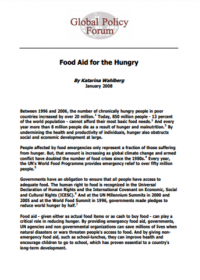
This Global Policy Forum report critically reviews the global food aid system. Author Katarina Wahlberg argues that food aid donors fall short in prioritizing the needs of the poor and hungry. Instead, donor countries use food aid to promote their own national strategic and commercial interests. Such food aid not only fails to reduce hunger, it can also harm long-term food security in recipient countries.

